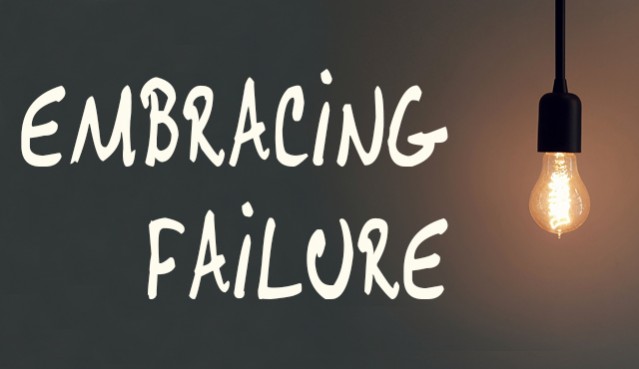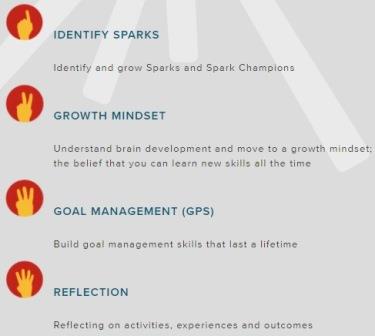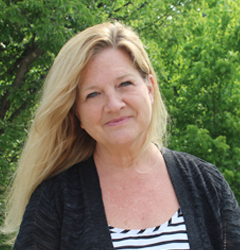
The word failure can bring up multiple negative images in our minds. The very definition of failure is a lack of success or an instance of falling short.
The thought of failing can be pretty frightening, yet everyone fails at something at some point in their lives. A third grader fails a math test, the young driver gets a speeding ticket or the chef doesn’t remember to add an important ingredient to the entrée.
Have you ever failed at something? What did you do?
Did you give up?
Did you try again?
Did you succeed on the second try?
At Camp Fire First Texas, our after school programs help youth learn about failure and what to do when they fail at something. Our goal is to help youth chart a course for success that will carry through the rest of their lives and positively impact their community.
We begin by introducing youth to the term, “Growth Mindset.”
But what is a growth mindset?
A growth mindset is the understanding that we can develop our abilities and intelligence. Our after school programs teach our youth that their brain is like a muscle that grows stronger when we use it. Research has shown that our implicit beliefs about the nature of intelligence can have a great impact on our achievement. In a TED Talk, Dr. Dweck, who first coined the terms “fixed mindset” and “growth mindset,” explains how a growth mindset leads to a focus on learning, increased effort, and a willingness to learn from mistakes.
In addition, we teach youth about goal-management. We encourage young people to set long and short term goals for themselves and write about goals in their journals. Learning how to set goals, solve problems, overcome obstacles and evaluate progress are all important skills that help young people learn how to view failure in a positive light.
Our students also learn about what it means to have Grit – the perseverance of effort that promotes the overcoming of obstacles or challenges and serves as a driving force in achievement realization. We introduce the concept of grit by learning about famous people who have failed and found ways to overcome their obstacles, discussing our goals and dreams and practicing self-reflection.
Failure is inevitable, but how we respond to failure is a learned and practiced skill. I am so happy to be part of an organization that teaches youth how to accept failure and use the techniques they have practiced in order to succeed.
“It is impossible to live without failing at something, unless you live so cautiously that you might as well not lived at all. In which case, you’ve failed by default.”
J. K. Rowling, Harvard Commencement Address, 2008
 Melanie Marshall is the Director of After School Programs at Camp Fire First Texas. Melanie has more than 30 years of experience working with children in the early childhood education field including after school programming and summer camps. She has more than 20 years of experience in program management, staff supervision and leadership. Melanie has a Child Development Associate Credential and holds a Texas Department of Family and Protective Services Director Certificate.
Melanie Marshall is the Director of After School Programs at Camp Fire First Texas. Melanie has more than 30 years of experience working with children in the early childhood education field including after school programming and summer camps. She has more than 20 years of experience in program management, staff supervision and leadership. Melanie has a Child Development Associate Credential and holds a Texas Department of Family and Protective Services Director Certificate.






